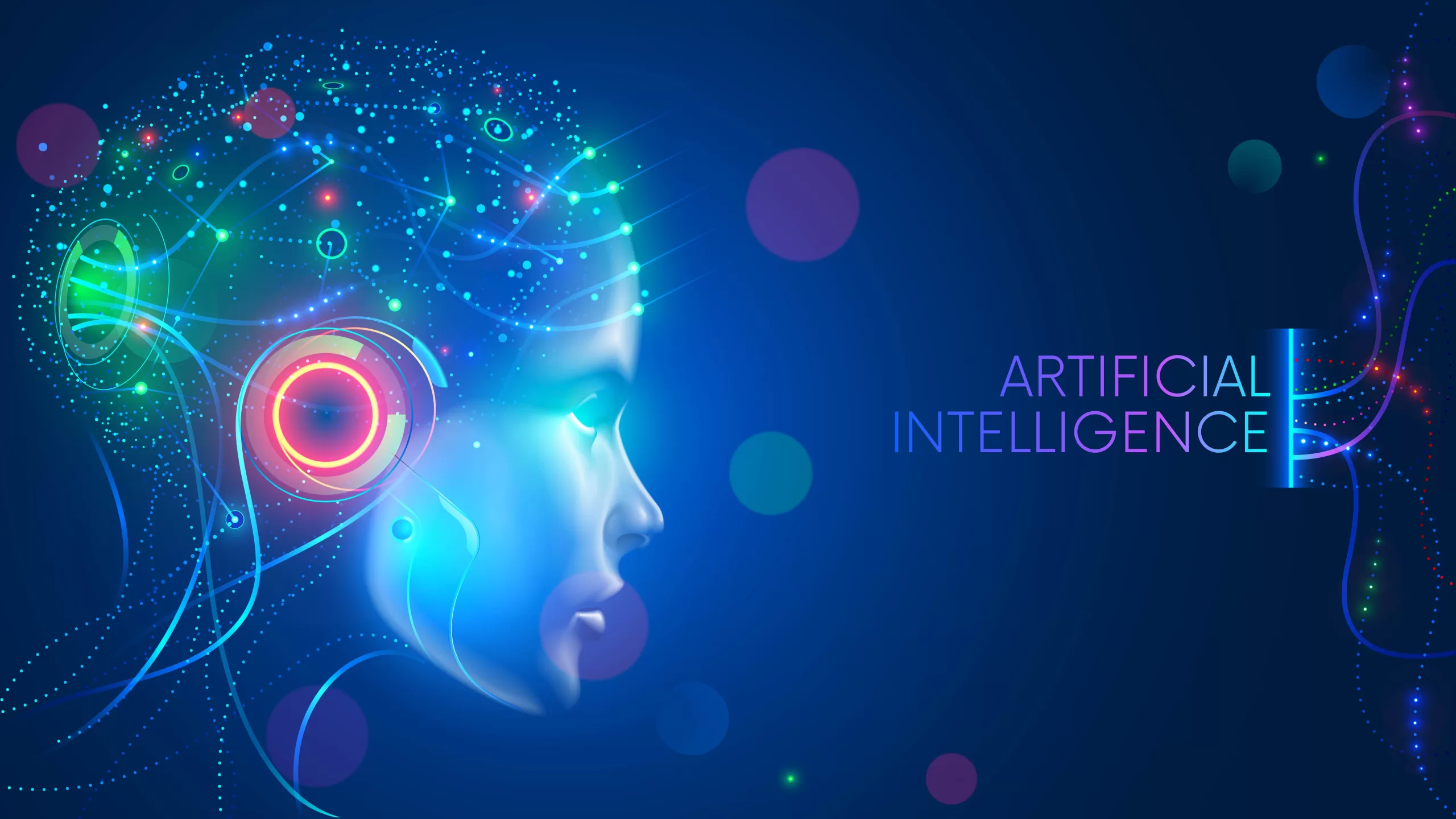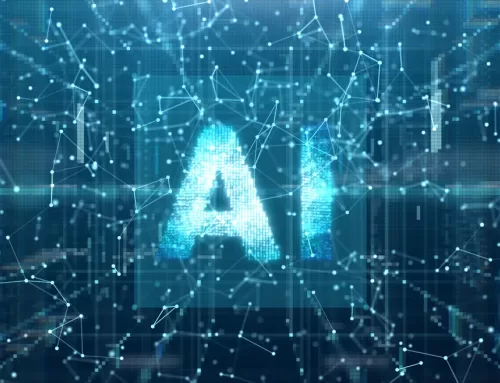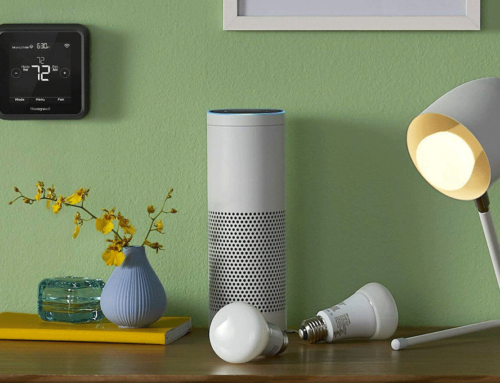Introduction: In the ever-evolving landscape of technology, few fields have captured our imagination and transformed the way we live, work, and interact quite like Artificial Intelligence (AI). As we stand at the precipice of a new era, it’s time to explore the boundless possibilities that the future of AI holds.
- Advancements in Machine Learning: The future of AI is intricately tied to the continuous advancements in machine learning algorithms. With each passing day, researchers and engineers are pushing the boundaries of what AI systems can achieve. From natural language processing to computer vision, the relentless pursuit of innovation is reshaping the capabilities of AI.
- Exponential Growth of Data: The fuel that propels the AI engine is data. As we generate and collect unprecedented amounts of data, AI systems become more sophisticated in their ability to analyze, learn, and predict. The future will undoubtedly witness an explosion in the volume and diversity of data, opening new frontiers for AI applications.
- Human-AI Collaboration: The relationship between humans and AI is evolving from one of mere interaction to a true collaboration. AI systems are becoming more adept at understanding human behavior, preferences, and emotions. In the future, we can expect to see seamless integration, where AI augments human capabilities, fostering innovation across various industries.
- Ethical Considerations: As AI becomes more ingrained in our daily lives, the need for ethical considerations and responsible AI practices becomes paramount. The future of AI will require a delicate balance between technological progress and ethical guidelines to ensure that these powerful tools are used for the betterment of humanity without causing harm or perpetuating biases.
- AI in Healthcare: The healthcare industry stands to benefit immensely from the future of AI. Predictive analytics, personalized medicine, and early detection of diseases are just a few examples of how AI can revolutionize healthcare. The integration of AI into medical practices has the potential to save lives, improve patient outcomes, and make healthcare more accessible.
- Autonomous Systems and Robotics: The rise of autonomous systems, powered by AI, is reshaping industries such as transportation, manufacturing, and agriculture. From self-driving cars to intelligent robots, the future will see a proliferation of machines capable of independent decision-making and problem-solving, transforming the way we approach various tasks.
- AI for Climate Change and Sustainability: Harnessing the power of AI to address global challenges is a crucial aspect of the future. AI can play a pivotal role in monitoring and managing environmental issues, optimizing resource usage, and developing sustainable solutions. As climate change becomes an increasingly urgent concern, AI offers a ray of hope in mitigating its impact.
Conclusion: The future of AI holds immense promise and potential. As we venture into uncharted territories, it is crucial to approach the development and deployment of AI with a thoughtful and ethical mindset. The collaboration between humans and AI, advancements in machine learning, and the integration of AI into various sectors will undoubtedly shape a future that is both innovative and transformative. Embracing the opportunities and challenges that lie ahead, we are poised on the brink of a new era, where the synergy between human ingenuity and artificial intelligence unlocks unprecedented possibilities for a better tomorrow.




Leave A Comment